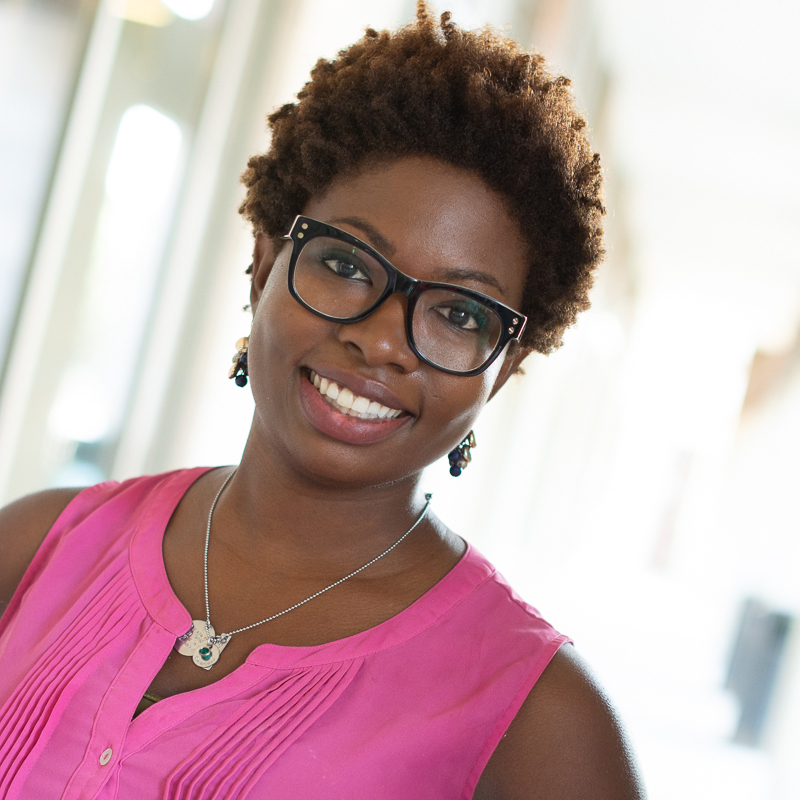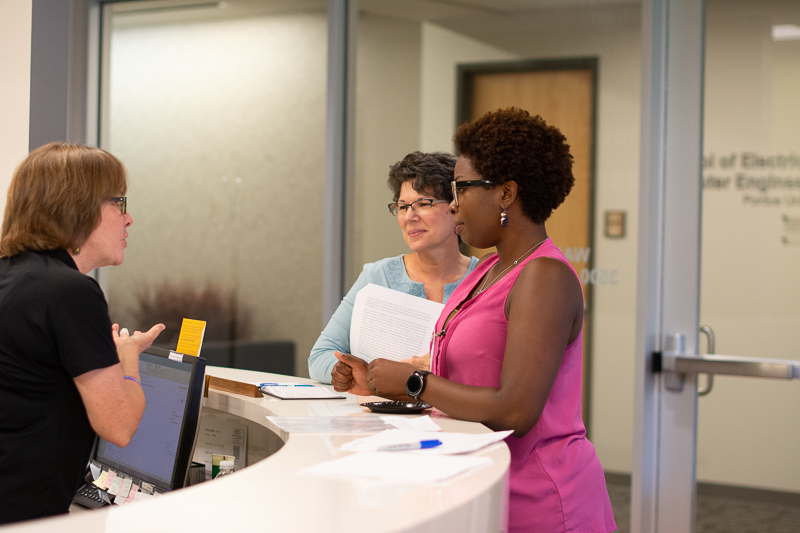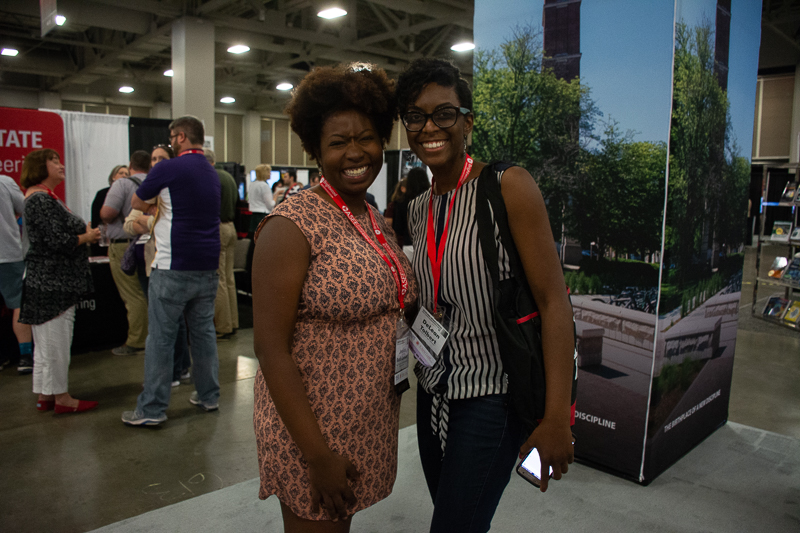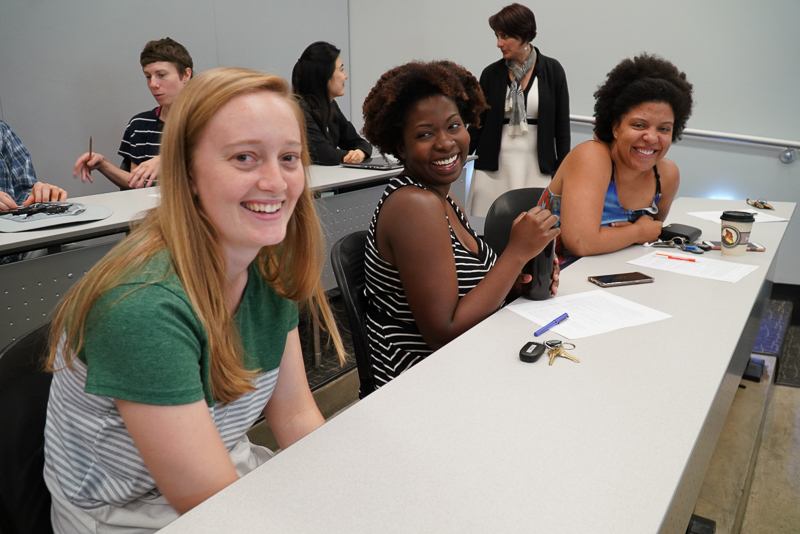Dr. Jessica Rush Leeker
 Jessica Rush Leeker
Jessica Rush Leeker
Dissertation Defense: February 27, 2020
Committee: Dr. Monica Cardella, Dr. Brent Jesiek, Dr. Morgan Hynes, Dr. Dawn Russell
But, is it Working? Involvement in Informal Elementary STEM Programs: A Collective Case Study
Despite well-meaning investments, present metrics seem to display only slow movement toward positive demographic changes in STEM (science, technology, engineering, and math) fields, and little to no slowing in the decline of STEM associated career interests. While a considerable amount has been written about the evaluation of formal pre-college STEM programs, little research has been carried out regarding the success of the many informal programs to encourage interest in STEM-related careers and develop skills needed to succeed in such environments.
A common method of technical education for students is to use informal programs, usually with the help of technical mentors. To better understand such programs, the qualitative research that formulates this dissertation is a collective case study of after-school elementary robotics programs in Indiana, the United States, which successfully implemented the State Robotics Initiative (SRI) to provide hands-on STEM learning opportunities. This program relies on mentor expertise for after-school program instruction. The purpose of this study is to investigate mentor involvement in informal STEM programs, including to answer the following research question: How do mentors impact student participants’ advancement of specific engineering skills, including problem-solving, critical thinking, teamwork, and communication?
In this case study, the researcher collected documents, observed activities involving mentors and students, and interviewed mentors and students to determine how mentor involvement impacts students who participate in informal STEM programs. The researcher then conducted a holistic analysis of the data. To understand how knowledge of STEM skills gained from mentors impacts students, the researcher focused on a coding scheme to correspond with a framework developed by the Partnership for 21st Century Learning (P21). As it is essential to understand the impact of the mentor, the researcher linked various schemes to create one to fit the research participants. This explains how students develop skills with the help of a mentor to explain the further goal of understanding.
Themes, the outcome of coding, were developed by “layering the analysis” (Creswell & Poth, 2017), first by presenting critical issues for each participant, followed by a cross-participant grouping by program of these critical issues into broader and more abstract categories and later leading to a set of dimensions. This resulted in three separate cases covering multiple participants that serve as examples of mentor impact of specific STEM skills learned by students in three robotics programs.
Even though results were not cross-analyzed, all programs sought to increase knowledge with students even though each program had a different background and reason for starting the robotics program. In addition, each program had very different demographics and cultural style, but all showed the integration of STEM and robotics in an afterschool program, with emphasis on problem-solving. This dissertation includes an introduction, a review of the literature, methodology, findings, and a discussion. Recommendations for educators and future researchers are also presented.
Jessica Rush Leeker earned her undergraduate degree from Penn State with a focus on Supply Chain and Information Systems and a minor in international business. Before business school, Jessica spent a summer in Haiti, delivering shoes to those in need, and creating a more efficient supply chain for urban water projects. She attended Purdue University, receiving an MBA with a specialization in Sustainability and Operations. Jessica has worked for many successful consumer product companies, including Unilever, and Georgia Pacific. Jessica completed her Ph.D. in Engineering Education at Purdue University to focus on practical methods of corporate outreach in STEM last semester. Currently, she is a Visiting Assistant Professor at the Krannert School of Management at Purdue. In her free time, she writes children’s books, teaches yoga to children, and enjoys her family.
Memories with Jessica

August 2016: Jessica with Dr. Mary Pilotte (ENE PhD '13) and Carol Brock in the lobby of ENE's research laboratory of Wang Hall. This was Jessica's first day of orientation for the PhD in Engineering Education graduate program.

June 2018: Jessica with DeLean (ENE PhD '16) at the ASEE Annual Conference

August 2018: Jessica, middle, with Amanda (ENE PhD '20) and Brianna attending the first research seminar of the semester.
